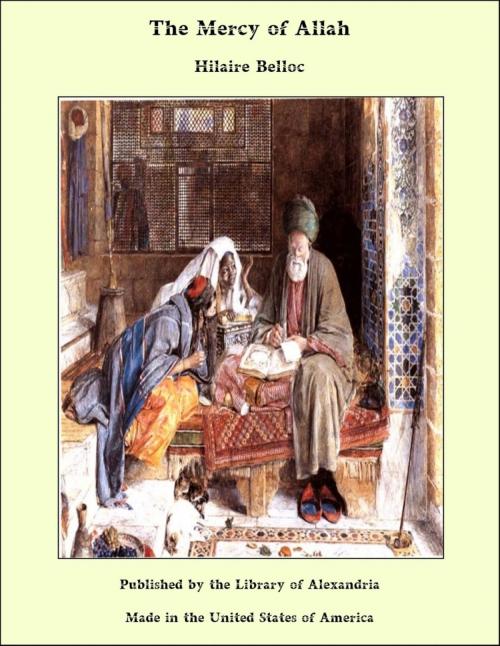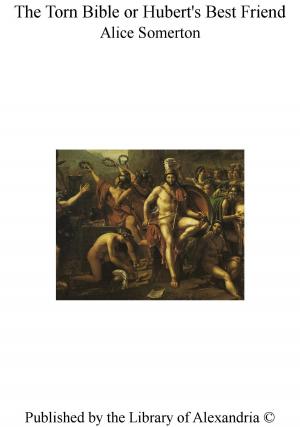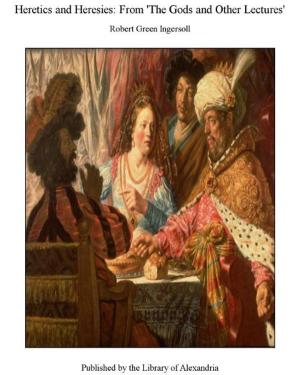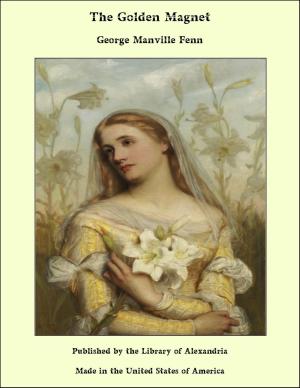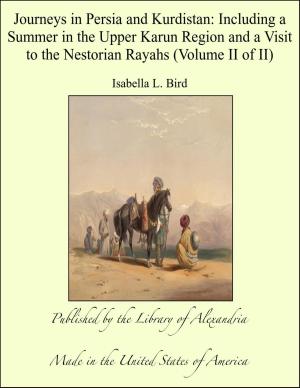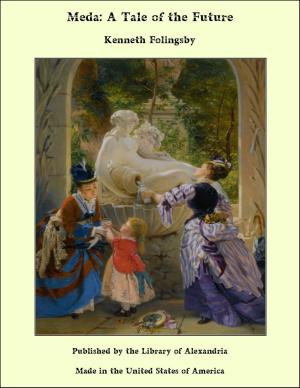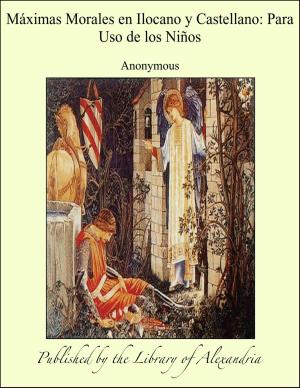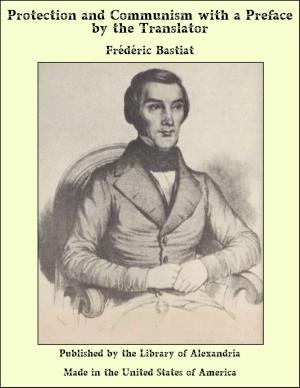| Author: | Hilaire Belloc | ISBN: | 9781465566669 |
| Publisher: | Library of Alexandria | Publication: | March 8, 2015 |
| Imprint: | Language: | English |
| Author: | Hilaire Belloc |
| ISBN: | 9781465566669 |
| Publisher: | Library of Alexandria |
| Publication: | March 8, 2015 |
| Imprint: | |
| Language: | English |
In the days of Abd-er-Rahman, who was among the wisest and most glorious of the Commanders of the Faithful, there resided in the City of Bagdad an elderly merchant of such enormous wealth that his lightest expressions of opinion caused the markets of the Euphrates to fluctuate in the most alarming manner. This merchant, whose name was Mahmoud, had a brother in the middle ranks of Society, a surgeon by profession, and by name El-Hakim. To this brother he had frequently expressed a fixed determination to leave him no wealth of any kind. “It is my opinion,” he would say, “that a man’s first duty is to his own children, and though I have no children myself, I must observe the general rule.” He was fond of dilating upon this subject whenever he came across his relative, and would discover from time to time new and still better reasons for the resolution he had arrived at. His brother received with great courtesy the prospect held out to him by the wealthy merchant; but one day, finding tedious the hundredth repetition of that person’s pious but somewhat wearisome resolve, said to him: “Mahmoud, though it would be a mean and even an impious thing to expect an inheritance from you to any of my seven sons, yet perhaps you will allow these boys to receive from your lips some hint as to the manner in which you have accumulated that great wealth which you now so deservedly enjoy.” “By all means,” said Mahmoud, who was ever ready to describe his own talents and success. “Send the little fellows round to me to-morrow about the hour the public executions take place before the Palace, for by that time I shall have breakfasted, and shall be ready to receive them.” The Surgeon, with profuse thanks, left his brother and conveyed the good news to the seven lads, who stood in order before him with the respect for parents customary in the Orient, each placed according to his size and running in gradation from eight to sixteen years of age.
In the days of Abd-er-Rahman, who was among the wisest and most glorious of the Commanders of the Faithful, there resided in the City of Bagdad an elderly merchant of such enormous wealth that his lightest expressions of opinion caused the markets of the Euphrates to fluctuate in the most alarming manner. This merchant, whose name was Mahmoud, had a brother in the middle ranks of Society, a surgeon by profession, and by name El-Hakim. To this brother he had frequently expressed a fixed determination to leave him no wealth of any kind. “It is my opinion,” he would say, “that a man’s first duty is to his own children, and though I have no children myself, I must observe the general rule.” He was fond of dilating upon this subject whenever he came across his relative, and would discover from time to time new and still better reasons for the resolution he had arrived at. His brother received with great courtesy the prospect held out to him by the wealthy merchant; but one day, finding tedious the hundredth repetition of that person’s pious but somewhat wearisome resolve, said to him: “Mahmoud, though it would be a mean and even an impious thing to expect an inheritance from you to any of my seven sons, yet perhaps you will allow these boys to receive from your lips some hint as to the manner in which you have accumulated that great wealth which you now so deservedly enjoy.” “By all means,” said Mahmoud, who was ever ready to describe his own talents and success. “Send the little fellows round to me to-morrow about the hour the public executions take place before the Palace, for by that time I shall have breakfasted, and shall be ready to receive them.” The Surgeon, with profuse thanks, left his brother and conveyed the good news to the seven lads, who stood in order before him with the respect for parents customary in the Orient, each placed according to his size and running in gradation from eight to sixteen years of age.
